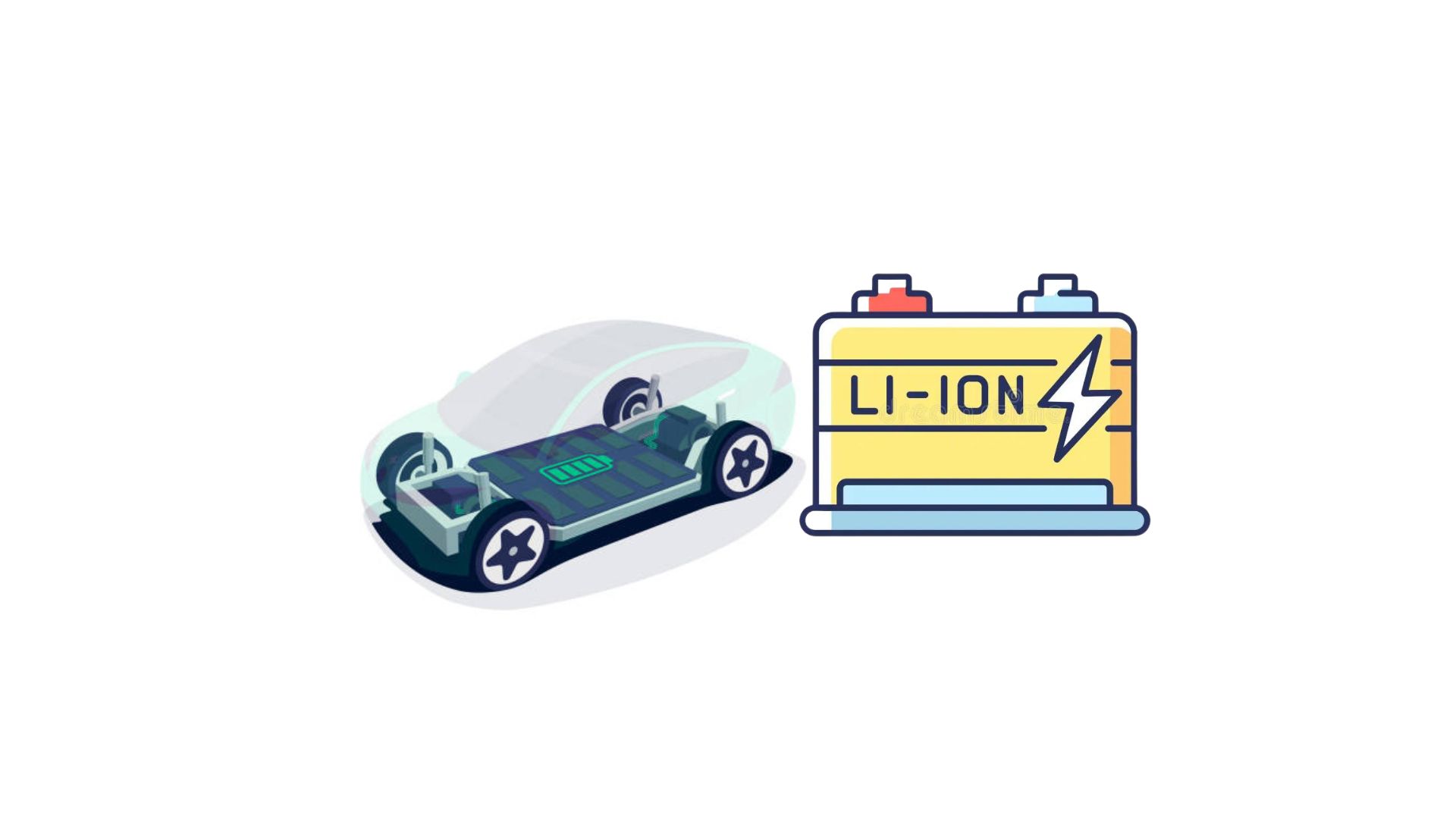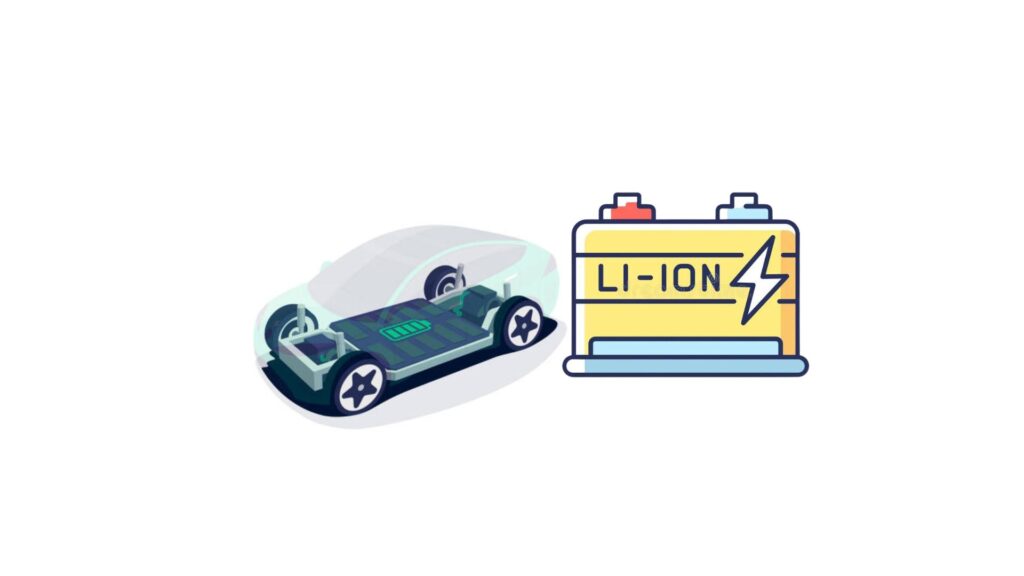
26 Jun IESA Urges GST Reduction on Batteries and Charging Infrastructure

India Energy Storage Association (IESA) has urged the government to slash the goods and services tax (GST) on batteries, electric vehicle (EV) charging infrastructure services, and battery swapping. Ahead of the India Energy Storage Week 2024 in New Delhi from July 1-5, 2024, IESA submitted a wishlist to the government, advocating for these changes.
Currently, lithium-ion batteries are taxed at 18%, while other batteries face a 28% GST rate. IESA proposes bringing all batteries under the 18% GST bracket and reducing GST on charging infrastructure and battery swapping services from 28% to either 5% or 18%. The association also commended the government for existing initiatives such as the ACC-PLI and Auto-PLI, while pushing for expanded PLI schemes covering battery components and raw materials processing.
The wishlist emphasized support for battery recycling, collaboration with international partners for critical raw materials, and continued incentives for large-scale battery storage systems. It highlighted the need for enhanced research and development to enhance technology performance and reduce costs, crucial for sustaining the growing EV market.
IESA further stressed the importance of streamlining regulatory processes, providing clear guidelines for clean energy projects, and addressing financing barriers through innovative mechanisms. The association also called for increased public awareness and investment in skills development to promote clean energy adoption.
Source: Business Standard


No Comments